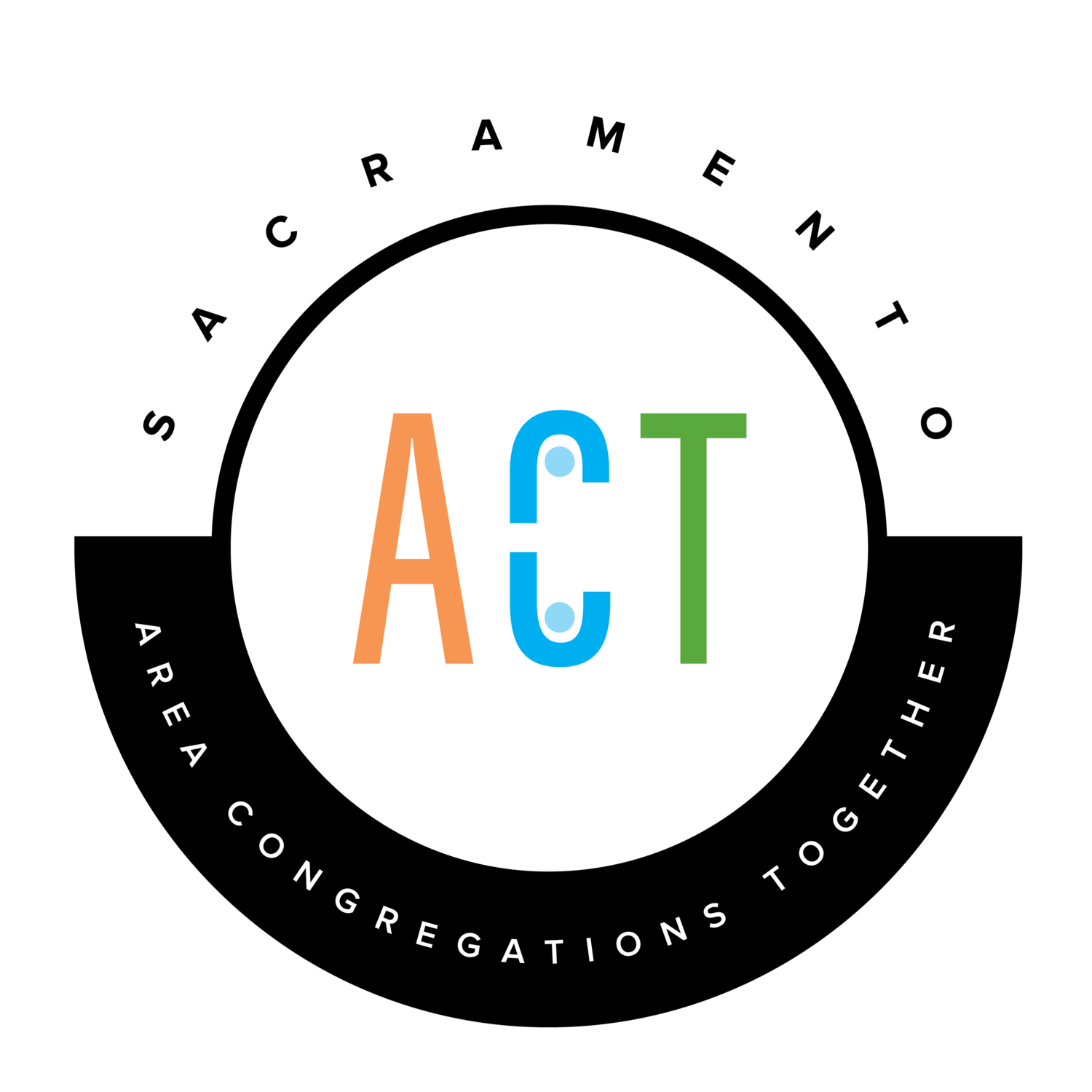SACRAMENTO, Calif. (KCRA) —
Churches and synagogues are teaming up with immigrant rights groups and actively urging people to resist any raids by federal agents.
"We have a moral obligation to resist massive deportation," said Richard Morales of La Red, which stands for Liberation, Action, Respect, Equity and Dignity.
"We're going to continue to protect and resist any attacks on our families across the board," said Eddie Carmona of PICO, People Involving Communities through Organizing.
The battle over immigration reform is heating up in Sacramento, where activists are utilizing rapid response teams and telephone hotlines to warn undocumented immigrants about potential raids.
"Black and brown people will no longer be divided," said the Rev. Payton Parker of Faith in Texas. "We will stand united," he said to cheers at a Sacramento rally Monday.
Sacramento's largest Jewish synagogue, Congregation B'nai Israel is an official sanctuary site, offering support to undocumented immigrants.
But could federal agents enter the temple grounds for enforcement actions?
"It's something the government hasn't done," UC Davis Law School Dean Kevin Johnson said. "But, there might not be anything under the law that would prohibit that."
ICE agents would first need a warrant signed by a court, Johnson explained. But he said the optics might not look good.
"At this point, it seems to be official ICE policy that churches are going to be safe," Johnson said. "Public schools are generally going to be safe places from ICE enforcement."
The same is true for hospitals.
But can ICE agents enter your home?
There are rules in place to protect immigrants, according to Blake Nordahl, a professor at the McGeorge School of Law. Nordahl also runs the school's Immigration Law Clinic.
"The only way an officer can come into your home is if they have a judicial warrant signed by a court that provides the right to search your home," he said.
Carlos Montez of Sacramento Area Congregations Together said immigrants "have the right not to speak to the individual ICE agent. They have the right not to open the door unless they present a warrant that is signed by a judge."
If immigration agents do enter with a warrant, Nordahl said it's important not to lie about immigration status.
"You cannot present documentation that is false," Nordahl said. "You cannot make any false statements. But, you do have that very important right if you are undocumented to remain silent."
Businesses must also comply with a search warrant signed by a judge.
"If there's a judicially authorized warrant they have to make all their property available," Johnson said. "What employers don't have to do is let ICE look at private parts of the workplace that are not open to the public, absent a warrant."
California businesses must also keep records of their employees on I-9 forms and make them available in the event of an audit.
Until there's a deal on DACA or new rules on immigration law, activists have vowed to continue the fight.
"Our families, our communities are all under threat," said Tuan Dinh Janelle of People Acting in Community Together.
KCRA 3 tried reaching out to ICE on Monday for comment, but there was no response due to the government shutdown. However, ICE's acting director has publicly stated that California can expect enhanced enforcement.
California's status as a sanctuary state doesn't change federal law, but it does mean local police cannot help ICE agents during their enforcement actions.
California is also fighting back in other ways. Gov. Jerry Brown's state budget calls for $20 million to help undocumented students renew their DACA applications.
